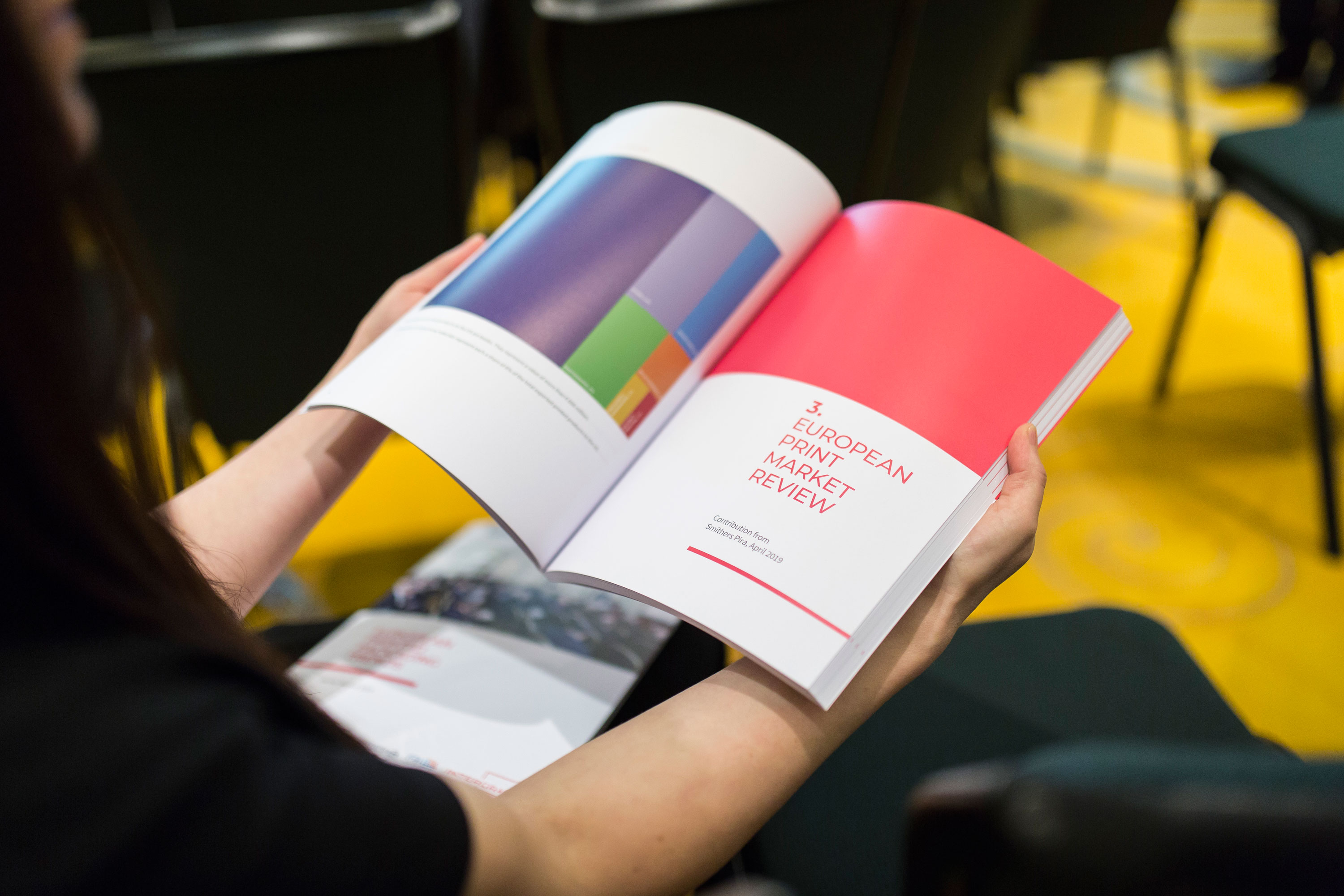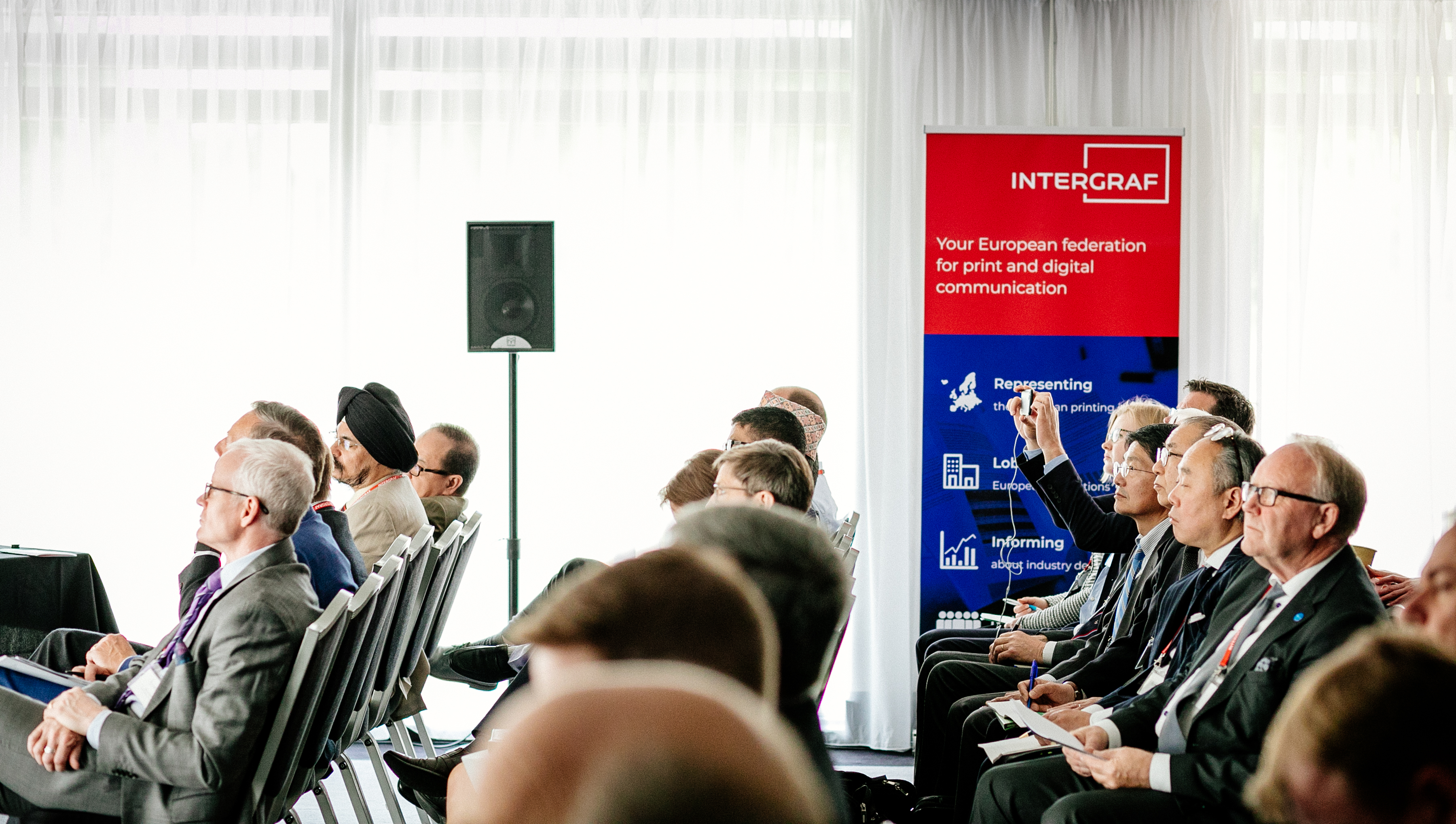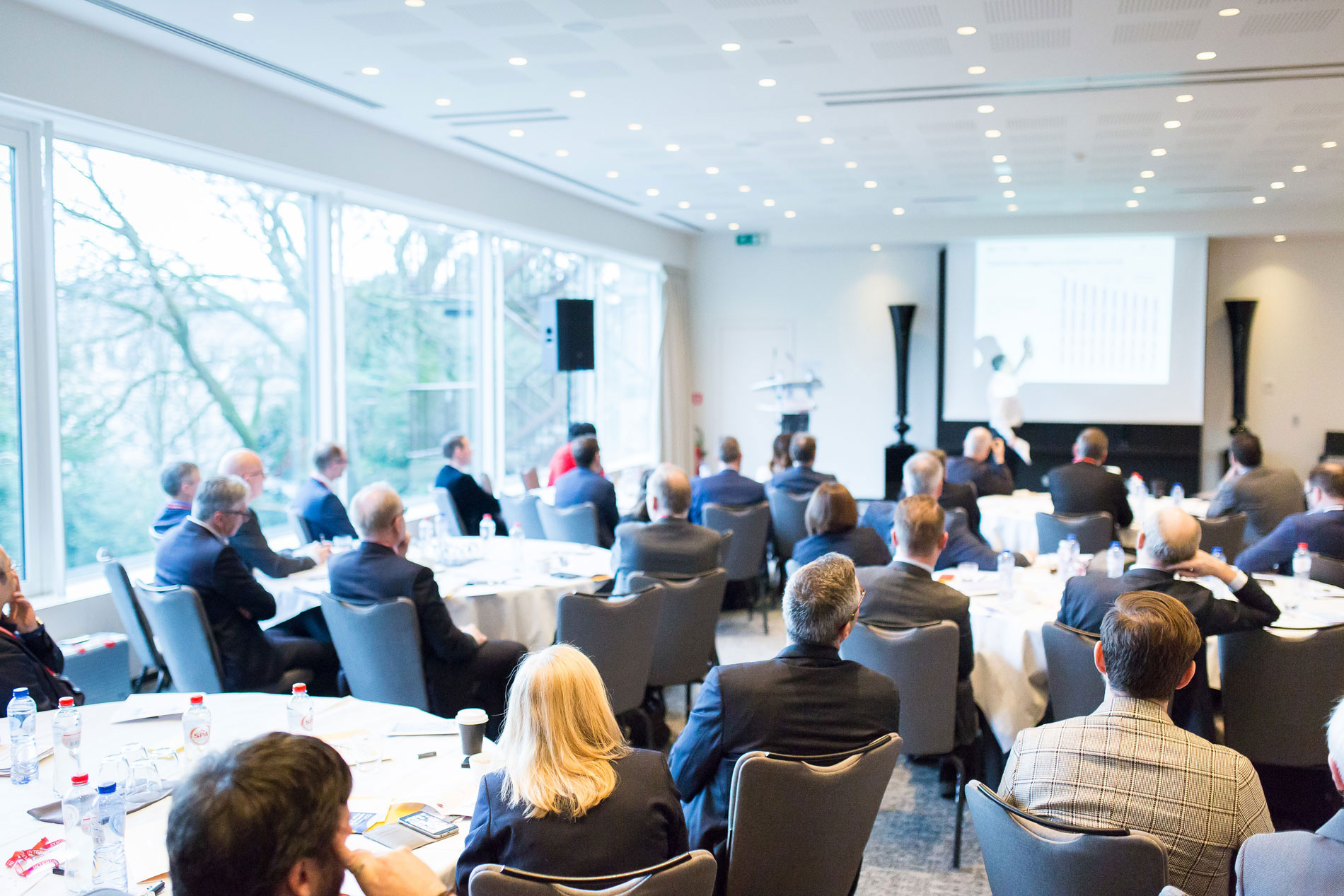A FAIR DIGITAL TRANSITION NEEDS PRINT
9 December 2022
European Union legislation on digital fairness for consumers must consider the role of printed communications, otherwise fairness will only apply to those online – and Eurostat data shows that “only 54% [of people aged 16-74 in Europe] possessed at least basic digital skills” in 2021 (DESI, 2022). Fairness online and offline must be analysed simultaneously to ensure that inclusion and freedom of choice always apply to everyone. It cannot be assumed that the digital transition does not affect existing offline rights and freedoms. Without a more holistic approach in EU legislation, a substantial number of European consumers will be treated unfairly.
Public consultation open about digital fairness
The European Commission has launched a public consultation on a Staff working document: Digital fairness – fitness check on EU consumer law. The consultation, which has a deadline of 20 February 2023, aims to “analyse whether additional action is needed to ensure an equal level of fairness online and offline” and focuses on three pieces of legislation:
- Unfair Commercial Practices Directive 2005/29/EC
- Consumer Rights Directive 2011/83/EU
- Unfair Contract Terms Directive 93/13/EEC
This is an opportunity to point to the important role of print, and to remind EU policymakers of their responsibility to foster inclusion instead of undermining it. Future legislation will be based on this working document, so it is vital that our sector reacts to the consultation. Intergraf has prepared a position paper and will respond to the consultation, which consists of a multiple-choice survey and space to upload a supporting document.
Citizens, companies, and associations can also respond to this consultation. We urge you to do so and can offer guidance as needed.
Print must be part of the conversation on digital fairness
There is a glaring omission in European Union measures on the digital transition: recognition of the key supportive role of printed communications. This omission is not only detrimental to the image and competitiveness of the graphical sector, which has a turnover of €82 billion and workforce of 640,000 people in Europe (Eurostat, 2022), but it heightens the risk of exclusion for many Europeans by shifting the communications balance in society more towards digital without maintaining a printed option. Consumers who choose physical over online communications are often charged additional fees; many are even forced to go digital without their consent or find it difficult to revert to paper (see Keep Me Posted EU). Because the cost is generally higher, companies and organisations will not universally introduce safeguards without a legal mandate to do so – something that does not currently exist.
Beatrice Klose, Secretary General of Intergraf explained that: “We can ensure fairness and freedom of choice for consumers in Europe, as well as promoting inclusion, by enshrining in law the right for people to choose between print and digital communications with ease and without a financial penalty. The European Commission’s staff working document on digital fairness is the ideal place to take a meaningful step in this direction.”
Indiscriminate ‘digital first’ or ‘digital only’ approaches in EU legislation – without also protecting printed alternatives – risks excluding a significant portion of the European population. This is unacceptable. It is against our European values, and it perpetuates discrimination against some of Europe’s most vulnerable citizens. It also sets a worrying precedent for future EU legislation – as well as that of Member States – to do the same. It must be recognised that digital is not neutral – it can create inequalities offline that did not previously exist. Digital skills and tools can (and should) continue to be promoted and improved while printed communications are protected for those who need or choose them.
What can you do to help?
Get your voice heard by responding to the Commission’s public consultation on digital fairness. Help us to make print part of the conversation.
{K2Splitter}





